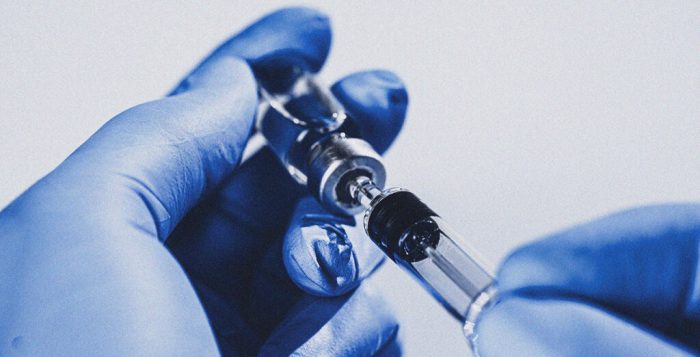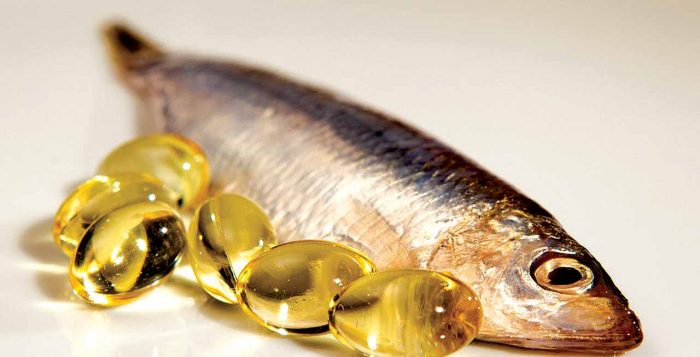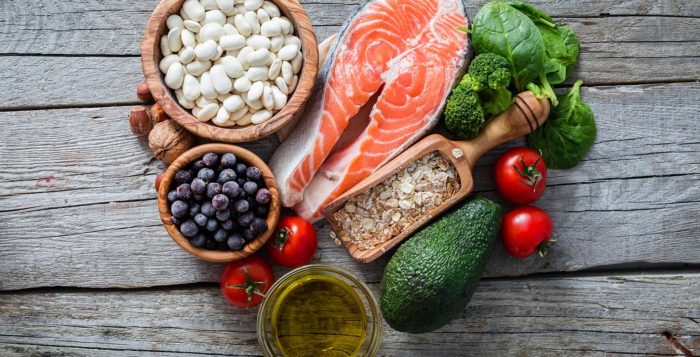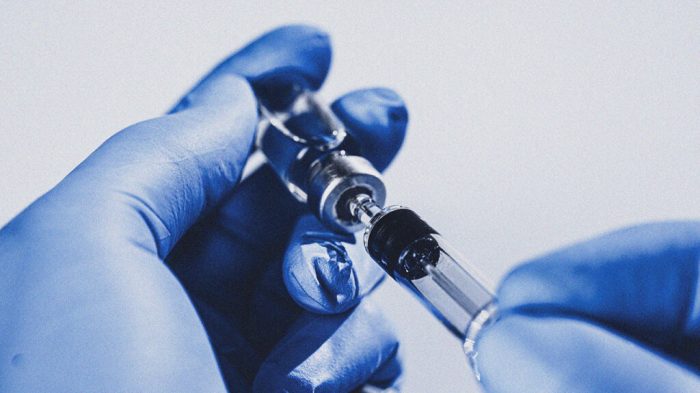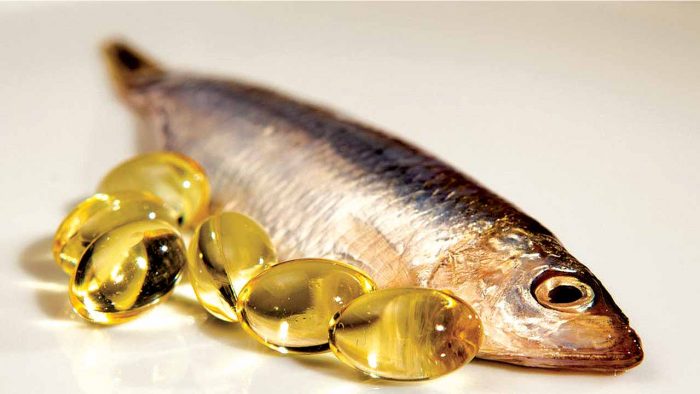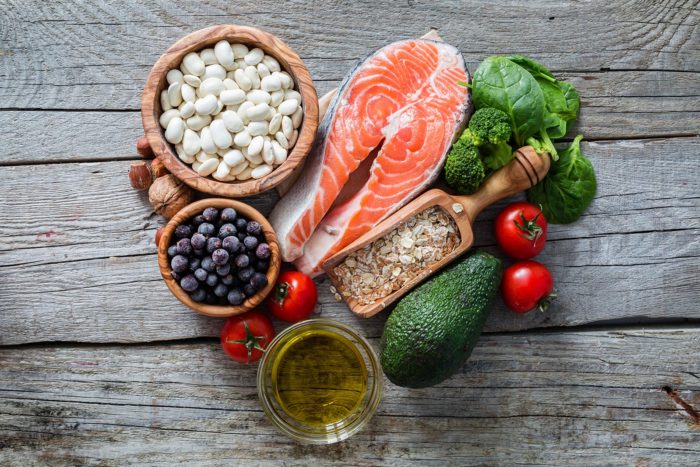Humans first drank caffeinated tea more than 4,000 years ago in China. Since then, it has become one of the most popular drinks worldwide, second only to water.
Both green and black teas are brewed from the leaves of the same shrub, Camellia sinensis, but green tea, which is made from unfermented leaves, contains more antioxidants.
Oxidation during the fermentation process of black tea reduces its antioxidant levels.
Several studies have found that green tea inhibits the formation of cancers, lowers high blood pressure, and reduces the risk of heart disease.
However, the molecular mechanism responsible for the effect on blood pressure has been unclear until now.
Scientists at the University of California, Irvine (UCI) and the University of Copenhagen, in Denmark, have found that antioxidants in tea open ion channels and can relax the muscles that line blood vessels.
They report their findings in the journal Cellular Physiology & Biochemistry.
Preventable risk factor
The discovery could guide the design of more effective antihypertensive drugs, which could potentially improve the health of millions of people around the world.
According to the National Heart, Lung, and Blood Institute, controlling or lowering high blood pressure can help prevent chronic kidney disease, heart attacks, heart failure, and possibly dementia.
The Centers for Disease Control and Prevention (CDC) report that almost half of all adults in the United States have hypertension. It estimates that in 2018, the condition played a role in the deaths of nearly half a million people in the country.
The World Health Organization (WHO), meanwhile, estimate that more than 1 billion people worldwide have hypertension.
The new study first shows that two antioxidants in tea, known as catechins, open a protein channel in the membranes of the smooth muscle cells that line blood vessels. This allows positively charged potassium ions to leave the cells.
Channels in nerve and muscle cells maintain voltages across their membranes by allowing negative and positive ions to pass in and out in a controlled way. They are “voltage-gated,” which means that they respond to changes in this voltage by opening or closing.
The researchers found that the catechins in green tea activate a particular type of potassium ion channel, called KCNQ5.
Previous work by some of the same scientists suggests that this protein channel may underlie the antihypertensive effects of several plants used as folk medicines for millennia.
Voltage sensor
For the new study, the researchers used computer modeling and mutated versions of the channel protein to show that the two catechins bind to a section that senses voltage changes.
“This binding allows the channel to open much more easily and earlier in the cellular excitation process,” explains senior study author Prof. Geoffrey Abbott, of the Department of Physiology & Biophysics at the UCI School of Medicine.
In theory, this should make the muscle cells less “excitable” and therefore less likely to contract. They should instead relax, dilating the blood vessel and reducing blood pressure.
To test this theory, Prof. Abbott’s co-authors at the University of Copenhagen measured changes in tension in the walls of arteries from rats. Their findings confirmed that the two catechins from tea relax and dilate arteries by activating the KCNQ5 ion channel.
Milky tea
The authors are confident that adding a dash of milk to black tea does not reduce its antihypertensive effects.
Milky tea, applied directly to cells in the lab, failed to activate their KCNQ5 channels. But this is likely not the case when a person drinks it.
Prof. Abbott explains:
“We don’t believe this means one needs to avoid milk when drinking tea to take advantage of the beneficial properties of tea. We are confident that the environment in the human stomach will separate the catechins from the proteins and other molecules in milk that would otherwise block [the] catechins’ beneficial effects.”
The scientists also discovered that warming green tea to 35°C increased the activation of KCNQ5.
However, lovers of iced tea need not be concerned.
“Regardless of whether tea is consumed iced or hot, this temperature is achieved after tea is drunk, as human body temperature is about 37°C,” says Prof. Abbott. “Thus, simply by drinking tea, we activate its beneficial, antihypertensive properties.”
Electrical activity in the brain
KCNQ5 also exists in the membranes of nerves in the brain, where it helps regulate electrical activity and signal transmission.
People with a disorder called epileptic encephalopathy have a version of the channel protein that does not respond effectively to voltage changes, which leads to frequent seizures.
The study authors point out that catechins can cross the blood-brain barrier, which prevents larger molecules, including some drugs, from entering the brain.
In theory, drugs modeled on catechin molecules could, therefore, help correct the cause of epileptic encephalopathy.
“Discovery of their ability to activate KCNQ5 may suggest a future mechanism to fix broken KCNQ5 channels to ameliorate brain excitability disorders stemming from their dysfunction,” the researchers conclude.



